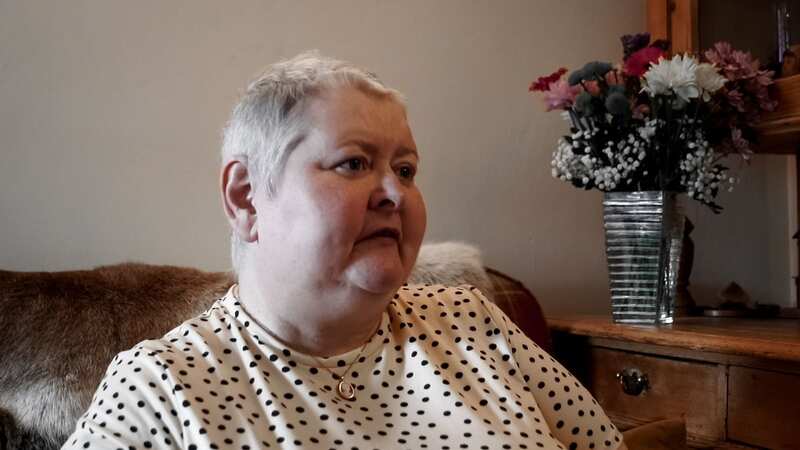Woman died of cancer after being wrongly told it had not come back

A woman died of cancer after being wrongly told it should have gone by doctors, a report has found.
Judith Rowlands's tragic case features in a hard-hitting report into healthcare in Wales as she told politicians of her woe in the months before her passing. The 57-year-old woman had told an inquiry by the Welsh government's health and social care committee she "lost everything" following the error by doctors.
Judith, of Anglesey, north Wales, contacted her GP when she started bleeding after the menopause. She was prescribed hormone replacement therapy but when the bleeding continued she knew the problem was not the menopause. She was eventually diagnosed with endometrial cancer and underwent a hysterectomy.
After surgery, she experienced terrible pain starting in her stomach and then affecting her leg to the point she could not walk. She was convinced she still had cancer. Her doctors, though, insisted they would not expect to see that type of cancer come back. She was referred to a pain clinic but continued to be in agony and was finally sent for a scan after attending same-day emergency care for the pain. The scan revealed the cancer had returned and was now incurable.
Judith died in May after telling the inquiry about her experience. She and a number of other women across Wales chose to because they wanted to raise awareness of how they feel their concerns around gynaecological cancer care are often dismissed or downplayed, by the NHS.
 Teachers, civil servants and train drivers walk out in biggest strike in decade
Teachers, civil servants and train drivers walk out in biggest strike in decade
As North Wales Live says, the report contains 26 recommendations to the Welsh Government about how women’s health services should be better supported and how to stamp out "a dangerous bias which is putting lives at risk". The committee says it heard from women who were "left dealing with the life-changing consequences when their concerns were repeatedly dismissed by healthcare professionals".
“The committee feels privileged to have heard extremely powerful testimonies from courageous women such as Judith Rowlands, Claire O’Shea, and Linda Drew," said the committee's chairman Russell George, MS for Montgomeryshire. “We were struck by their determination to raise awareness of gynaecological cancers and in awe of Judith’s tenacity to ensure her story was heard during the most difficult days. Through their harrowing accounts all the women who shared their stories with us have brought to the fore the realities of these devastating conditions."
He added: "We’re not suggesting that every woman has a bad experience but it does seem that when things go wrong they go badly wrong. Gender bias can influence how healthcare professionals perceive and interact with female patients.
"Stereotypes and preconceived notions about women’s emotions and pain tolerance can lead to dismissive attitudes. Ultimately women know their own bodies. They know when something is wrong and those concerns must be listened to and acted upon."
The committee is calling on the Welsh Government to fund "frequent and far-reaching" public awareness campaigns to raise the profile of the symptoms and encourage women to seek medical attention promptly. It should also be better known that cervical screening will not detect the other types of gynaecological cancers, the report found.
Read more similar news:
Comments:
comments powered by Disqus

































